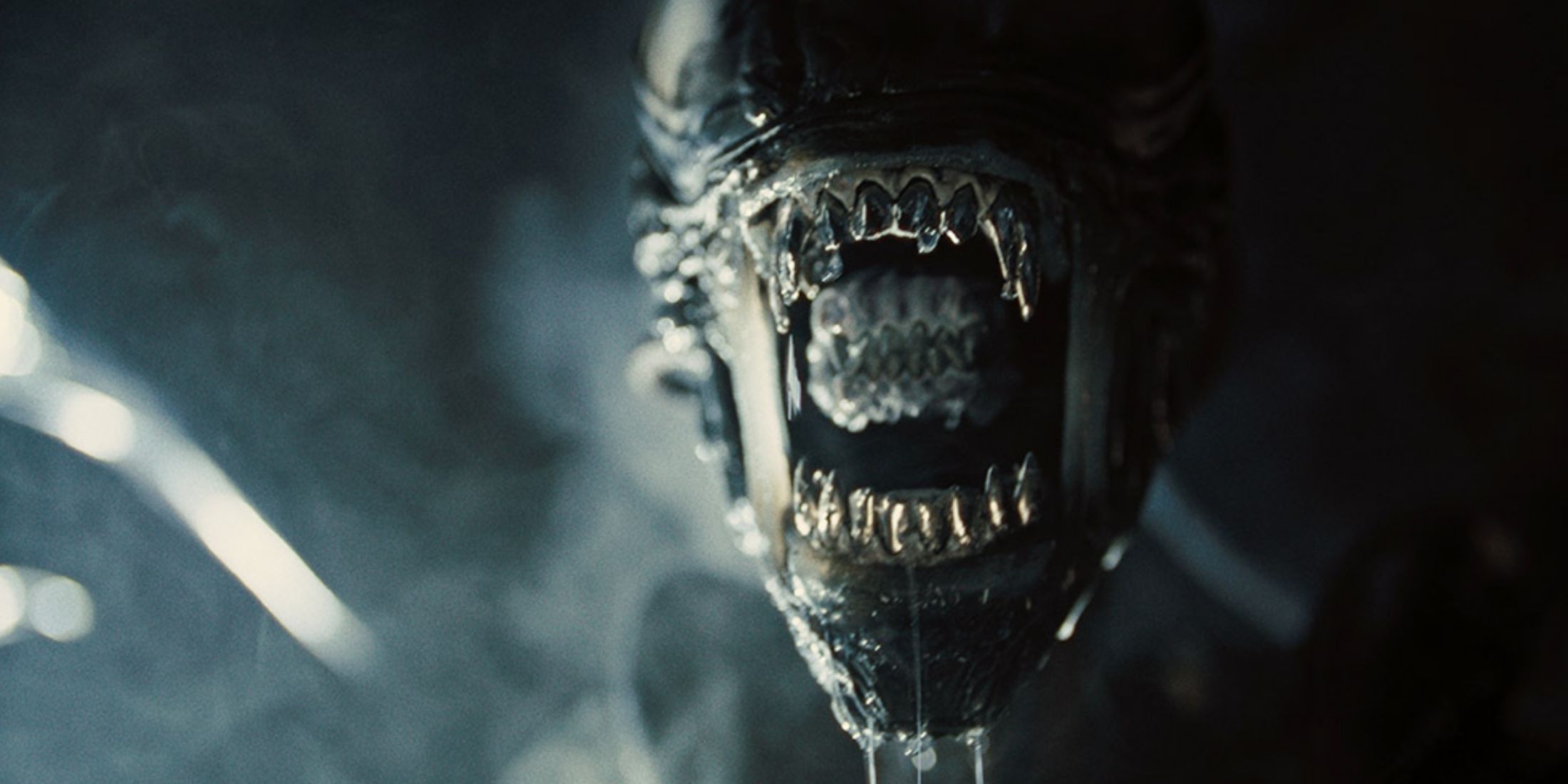
Key findings
- After “Alien Resurrection,” Ridley Scott initially thought the Alien series was over, but with “Prometheus” he rediscovered its potential.
- Scott avoided excessive bloodshed and brutality in the Alien films to maintain tension, and said handling the monster properly was key to the franchise's success.
- Scott's direction adds realism, terror and innovation to the Alien series, with Prometheus and Alien: Covenant exploring themes of creation and evolution.
Ridley Scott spoke openly about his thoughts on Foreigner Franchise. The English filmmaker, known for his science fiction, horror and crime genres, admitted that he had thought Foreigner has been carried out since 1997.
The Foreigner Franchise began with ForeignerDirected by Scott, released in 1979. The film was a huge hit, scoring 93% on Rotten Tomatoes. It was well received and made film history. It even spawned three sequels – Aliens (1986), Aliens 3 (1992) and Alien – Rebirth (1997). It also achieved the Prometheus Prequel series — Prometheus (2012) and Alien: Covenant (2017) – both directed by Scott. Scott shared a surprising thought about the franchise in a recent interview.
Scott has a long history in the Foreigner Franchise. He was the first to direct the first film, and he admitted that he thought it was over after the third film, Alien: Rebirth. However, he realized that it lived on as he worked on it Prometheus“I mistakenly believe ForeignerI thought the old beast was worn out. Because when we first [set of films]it was me, Jim [Cameron]David [Fincher]and the Frenchman [Jean-Pierre Jeunet] – there were four. They were worn out. The beast was worn out,” Scott told GameRadar+. Scott added that he found the beast by accident. The original title of the first film in the series was Star Beast before it was changed to ForeignerAccording to him, without this discovery, there would have been no such film and they would have had to portray the creature correctly to make it effective.
However, he wanted to avoid some things that he felt would only lead to his downfall. “And it depends on what that monster is and also how you play with it, when less is always better for suspense. And it's easier to have a movie that's full of blood and brutality and has no suspense. That's what I tried to avoid. And that's how it died,” Scott said. The director was sad about the franchise because he thought it was huge, like star Wars And Star TrekSo he discussed with screenwriter Damon Laurence Lindelof, co-author of Prometheus with him. “So I actually sat down with Damon Lindelof. We sat down at a table and spun a wheel to see: Where could we go? And it all started with Prometheus,” Scott added.
Scott is a significant figure in the success of the Foreigner franchise because of its direction, which emphasizes realism and terror, making the sci-fi horror film terrifying. In addition, its visual mastery is on point, and the excellent pacing and innovative storytelling make Foreigner a classic. His return to the franchise through Prometheus And Alien: Covenant was probably the right choice as they present new storylines while staying true to the origins of the Xenomorphs. These films also raised philosophical questions about creation and evolution. Scott has expressed interest in exploring this topic further and this is likely more than welcome among fans who love the franchise, as long as they offer a new storyline while staying true to the core mythology of the franchise to make the new films relevant.
Source: GameRadar+
